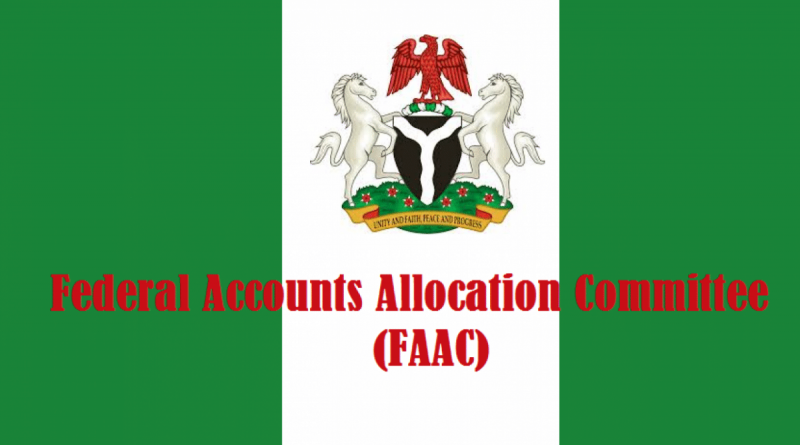States and the FGN share N1.1trn in January FAAC Allocation
The Federation Account Allocation Committee (FAAC) distributed a gross monthly amount of N1.1trn in January ’24, an increase of 4.6% from the previous month’s payout of N1.08bn. This increase can be attributed to higher collections in company income tax (CIT), excise duty, petroleum profit tax (PPT), value added tax (VAT), and electronic money transfer levy (EMTL). However, there was a marginal decline in oil and gas royalties, import duty, and gas royalties.
A breakdown of the revenue distribution shows that the Federal Government of Nigeria (FGN) received N383.8bn, state governments received N396.6bn (including N57.92bn as a 13% derivation revenue for oil-producing states), and local governments received N288.9bn. The average monthly FAAC distribution increased by 20% year-on-year to N885.8bn in 2023 from N738.5bn.
The Excess Crude Account (ECA) balance remained unchanged at USD473.7m.
According to the National Bureau of Statistics (NBS), VAT collections grew by 51.6% year-on-year and 21.3% quarter-on-quarter to N948.1bn in Q3 ’23, reflecting improved collection processes by the FGN. The manufacturing sector accounted for 26.5% of VAT contributions in Q3 ’23, followed by the ICT sector at 19.0% and the finance and insurance sector at 12.3%.
To reduce reliance on FAAC payouts and increase internally generated revenue, state governments should improve tax administration through modern systems and audits. Investing in critical infrastructure to attract businesses is also crucial. Public-Private Partnerships (PPPs) can be explored for infrastructure projects, and initiatives for tourism development can be promoted. Good governance, transparency, and accountability in revenue collection processes are essential for building public trust and ensuring compliance. SOURCE: Coronation Merchant Bank




